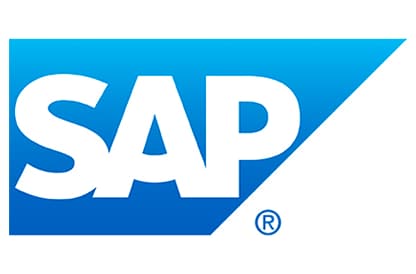But there was a problem. The defendants’ production was a mess. Many documents were poorly scanned and lacked metadata. The OCR text for the scanned documents was riddled with errors. Thousands of emails had been so completely redacted that even the address and subject line showed only “redacted.” Given the condition of the data and garbled OCR, keyword searching was ineffective and inconclusive. Reviewing just the documents that hit on highly focused searches, only 5% were potential deposition exhibits and only 51% where either relevant or hot. The attorneys were certain they were missing important documents, even as their time to prepare was running short.
Prioritizing hot documents for review
With depositions looming, the attorneys turned to OpenText™ Insight Predict for help zeroing in on hot documents. Using technology assisted review (TAR) the firm succeeded in prioritizing a significantly greater number of hot and relevant documents than they had using keyword searching alone.
Working with OpenText, the team started by having a lead attorney QC the documents already tagged as hot. Then the attorney reviewed a few hundred more targeted hits and some further samples to identify additional hot documents.
Using those documents as seeds, Insight Predict ranked the entire population for hot documents, concentrating them at the top of the list. The top thousand unreviewed documents were then pulled for the attorneys to evaluate. In this way, the proportions of hot and relevant documents were greatly enhanced. Through keyword searching, only 5% of documents found were hot and 46% were relevant. But through TAR, 27% of the top-ranked documents were hot and 65% were relevant.






 Medical device company
Medical device company



